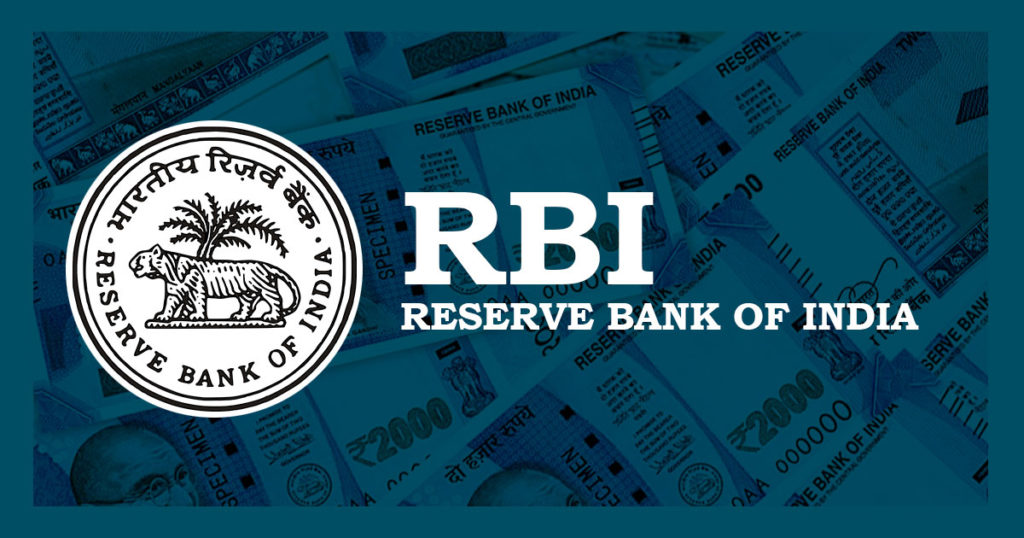What is it about?
Master directions issued by Reserve Bank of India (RBI) under Payment and Settlement Systems Act, 2007 on Prepaid Payment Instruments (PPIs) to:
- To provide framework for authorisation and regulation of entities issuing and operating PPIs
- To encourage competition and innovation in a prudent manner
- To provide harmonisation and interoperability of PPIs
Applicability
Applicable to PPI issuers and System Participants
- Generally, banks and non-bank entities issue PPIs after obtaining approval/authorisation from RBI under PSS Act, 2007
Provisions in the Master Direction
- Meaning of Prepaid Payment Instruments
- PPIs are instruments that facilitate purchase of goods and services, financial services, remittance facilities, etc against the value stored therein.
Previously, PPIs were classified into:
- Closed System PPIs: Issued by an entity for purchase of goods and services from that entity and do not permit cash withdrawal. They cannot be used for payment to third parties and issue of such PPIs does not require RBI approval.
- Semi-closed System PPIs: Used for purchase of goods and services (including financial services and remittance facilities) at specific merchant locations having contract with the PPI issuer. They do not permit cash withdrawal.
- Open System PPIs: Issued by banks and can be used at any merchant for purchase of goods and services. Also used for cash withdrawal.
Now, PPIs that require RBI approval prior to issuance are classified as:
- Small PPIs (Minimum-detail PPI)
- Issued by banks and non-banks after obtaining minimum details of PPI holder (mobile number verified with OTP and self-declaration of name and unique identification number of Officially Valid Document)
- Only for purchase of goods and services
- Fund transfer and cash withdrawal shall not be permitted
- Used at a group of identifiable merchant locations/establishments having specific contract with issuer
- Reloadable and issued only in electronic form (amount loaded in a PPI during a month shall not exceed Rs. 10,000 and during the financial year shall not exceed Rs. 1,20,000)
- Amount outstanding in such PPIs at any point of time shall not exceed Rs. 10,000
- Total amount debited from PPIs during any month shall not exceed Rs. 10,000
- These PPIs shall be converted into Full-KYC PPIs within 24 months from the date of issue of PPI, failing which no further credit in the PPI shall be allowed.
Full-KYC PPIs:
- Issued by banks and non-banks after completing Know Your Customer (KYC) of the PPI holder
- Purchase of goods and services, fund transfer and cash withdrawal
- Outstanding amount shall not exceed Rs. 2,00,000 at any point of time
- Fund transfer limit shall be Rs, 2,00,000 per month for transfer to pre-registered beneficiaries and Rs. 10,000 per month for all other cases.
Issuance, loading and reloading of PPIs
- All banks and non-banks authorised to issue PPIs by RBI can issue reloadable or non-reloadable PPIs
- The name of the company which is authorised to issue and operate PPIs should be displayed along with the PPI brand name and RBI shall be informed regarding the same.
- PPIs can be loaded / reloaded by cash, debit to a bank account, credit and debit cards, PPIs and other payment instruments (issued by regulated entities in India) and shall be in INR only
- Cash loading to PPIs shall be limited to Rs.50,000 per month subject to overall limit of the PPI.
- PPIs may be issued as cards, wallets, and in any such form to access the PPI and use the amount therein and not in the form of paper vouchers
- There shall be no co-mingling of funds from other activities of PPI issuer (eg: BC of bank/s, intermediary for payment aggregation, payment gateway, etc)
Other categories of PPIs that can be issued by banks and non-banks
- Gift PPIs
- Maximum value of such PPIs shall not exceed Rs. 10,000 and they shall not be reloadable
- Cash-out and fund transfer are not permitted except for transfer to the “source account”
- PPIs for Mass Transit Systems (PPI-MTS)
- They shall be issued by Mass Transit System Operators after obtaining authorisation under PSS Act, 2007.
- Such PPIs are reloadable and maximum outstanding value shall not exceed Rs. 3,000 at any point of time.
Eligibility requirements for issuance of PPIs by banks and non-banks
- Banks shall obtain approval from RBI under Payment and Settlement Systems Act, 2007
- They shall also apply to Department of Payment and Settlement Systems (DPSS), Central Office (CO), RBI, Mumbai along with a ‘No Objection Certificate’ from their regulatory department, within 30 days of obtaining such clearance
Additional requirements for non-banks
- Company incorporated in India and registered under the Companies Act, 1956/2013
- Non-bank entities having FDI, FPI and FII
- MOA shall contain the activity of PPI issuance
- Minimum positive net worth of Rs. 5 crores as per the latest audited balance sheet at the time of submitting the application along with a certificate from a CA
- They shall achieve a minimum positive net worth of Rs. 15 crore by the end of third financial year from the date of receiving final authorisation, which shall be maintained at all times.
Interoperability of PPIs
Interoperability is the technical compatibility of a PPIs to be used along with other payment systems.
Requirements
- Interoperability shall be enabled through UPI for PPIs in wallet forms
- For PPIs in the form of cards (physical/virtual), such cards shall be affiliated with authorised card networks.
Note prepared by
Asmitha
Audit Executive of RVKS and Associates
Source Link :
